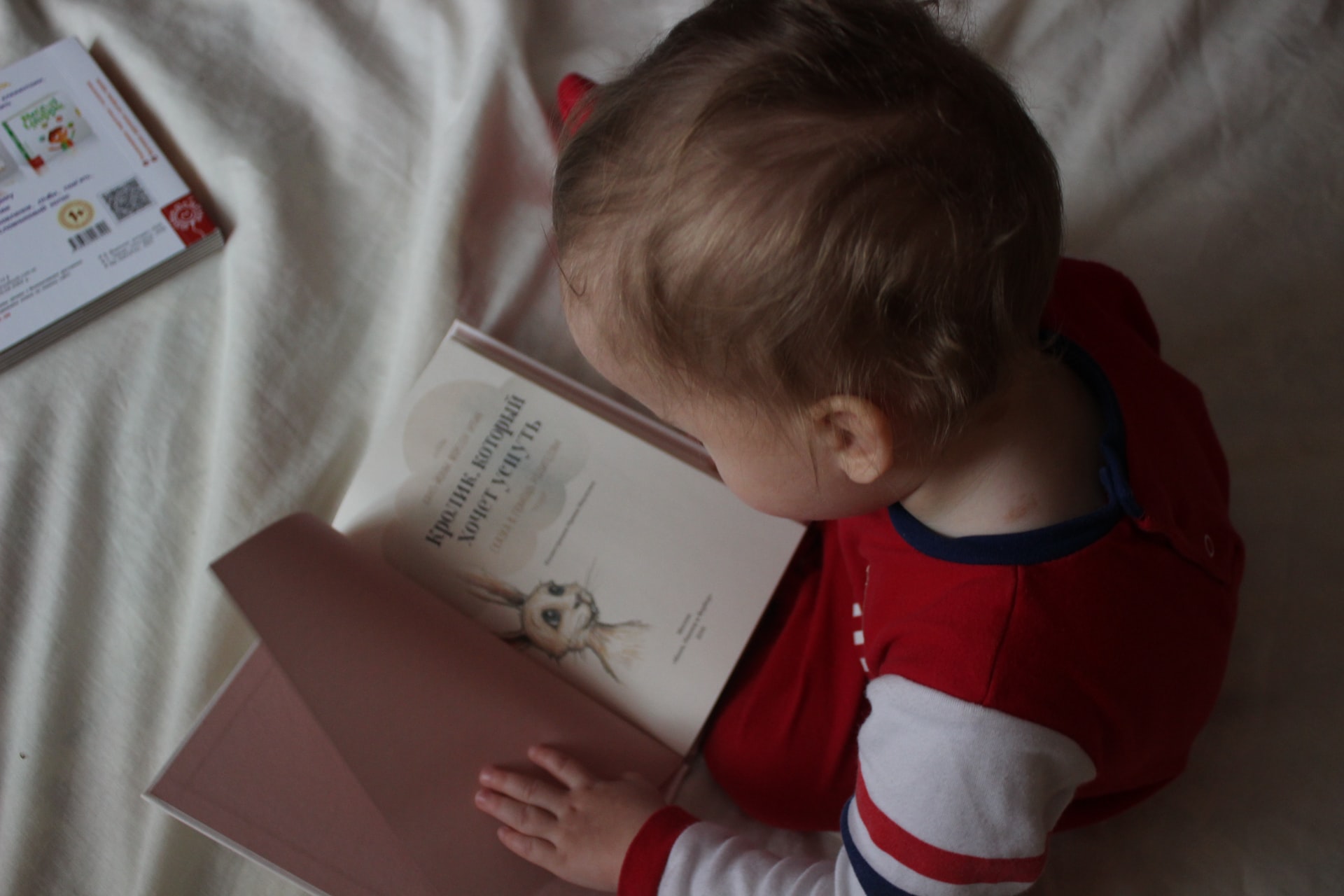The Parent Teacher
When we believe in Jesus as our Savior, we receive great joy. Do you remember when this happened in your life? You wanted to share it with someone right away. You can still have that same joy and eagerness to share it with others.
We have been talking about how and why teaching is needed by everyone. We have seen how you can teach someone, no matter who you are. In this lesson we will learn about two kinds of people you can teach right in your own home. This teaching gives greater joy than you have ever known. I hope you will try these different ways of teaching.
Parents as Teachers
Bible Parents
The teaching of children by their parents has always been an important part of God’s plan for His people. When Moses told the people of Israel to obey God’s commands, He also told them to teach those commands to their children and grandchildren:
obey God’s commands, He also told them to teach those commands to their children and grandchildren:
Be careful, and watch yourselves closely so that you do not forget the things your eyes have seen or let them slip from your heart as long as you live. Teach them to your children and to their children after them. Remember the day you stood before the LORD your God at Horeb, when he said to me, “Assemble the people before me to hear my words so that they may learn to revere me as long as they live in the land and may teach them to their children.” (Deuteronomy 4:9–10)
Moses instructed them to tell their children and grandchildren about how God had met them at Mount Sinai. This was something important that had happened to them. But the story also was to help them remember to obey God.
As parents told their children about this, the children learned that God was real and was able to meet with them. A little while later, Moses told the people of Israel when and how they were to teach their children.
These commandments that I give you today are to be upon your hearts. Impress them on your children. Talk about them when you sit at home and when you walk along the road, when you lie down and when you get up. (Deuteronomy 6:6–7)
Teaching their children was to be a way of living for the people of Israel. They were not just to set aside an hour each day to make their children listen as the commands of God were read. Although the children were to hear God’s laws, the parents were also to talk with their children about God’s
goodness while they did things together. Parents were not to do all the talking. They were to interact with their children and respond to their questions. (See Deuteronomy 6:20.)
Many years later David wrote: “One generation will commend your works to another; they will tell of your mighty acts” (Psalm 145:4). God wants His mighty acts kept alive as His people remember them. We also learn from these stories that God blesses the people who obey Him. It is not enough
to say to your children, “Do this” or “Don’t do that.” Children also need to know who said it and why.
Parental Example
Children learn by watching their parents. As the mother and father take care of their home and family, they demonstrate obedience to the commands of God. Children will also see the blessings their parents receive. Soon they will learn that obeying God is good. Children can learn, too, that God will
help them go through troubles and His power will keep them from sin.
Jesus taught His disciples by word and by example. When He and His disciples went to the wedding at Cana, Jesus performed a miracle of turning water into wine. John writes, “Jesus performed this first miracle in Cana in Galilee: there he revealed his glory, and his disciples believed in him” (John 2:11). Jesus’s act told the disciples that He cared about people. When His disciples saw this, they believed in Him.
For our children to learn that God wants us to love our neighbors, we must show that we love our neighbors. Gossipping about our neighbors or ignoring them does not show love. The apostle John told how important our actions are when he wrote “Dear children, let us not love with words or
tongue but with actions and in truth” (1 John 3:18).
Moses told the parents in Israel that they were to talk to their children about God’s commands. Suppose your child fights with another child. You could use this to teach God’s way of showing love. For instance, discuss with your child what the Bible says about fighting?
 Reading the Bible in our home is very important as children need to hear God’s Word. In His Word are many truths that help us build our lives. Time should be given to talking about verses that we read. This is a time when children will ask questions. A wise parent will take the time to find the answers.
Reading the Bible in our home is very important as children need to hear God’s Word. In His Word are many truths that help us build our lives. Time should be given to talking about verses that we read. This is a time when children will ask questions. A wise parent will take the time to find the answers.
The need for parents to teach their children is taught in the book of Proverbs. For children to obey God’s command, and receive the blessing God has promised, the parent must teach them. Thus, Proverbs 1:8–9 reads,
Listen, my son, to your father’s instruction and do not forsake your mother’s teaching. They will be a garland to grace your head and a chain to adorn your neck.
Most of us would like to have a son like Timothy in then New Testament. From what Paul wrote to Timothy, we know his mother and grandmother taught him. I am sure they taught him both by what they said and what they did. Paul writes to Timothy, “I have been reminded of your sincere faith, which first lived in your grandmother Lois and in your mother Eunice and, I am persuaded, now lives in you also” (2 Timothy 1:5).
Friends as Learners
In the book of Acts the story is told of Cornelius, who sent for Peter to come and teach him the good news of the gospel. The following day Peter arrived in Caesarea, where Cornelius was waiting for him, together with relatives and close friends that he had invited (Acts 10:24).
This is one of the first home Bible studies recorded in the Bible. Cornelius asked Peter to come as the teacher. Then he brought his family and friends together to hear what Peter had to say. God gave His Holy Spirit to these people, and they were baptized in water.
Christians in many countries invite their friends and neighbors to home Bible studies. If possible, each person in the study group should have a Bible to read during the meeting. It is good to use a study guide, which gives questions about the lesson. The people in the group answer the questions by finding the answers in the Bible, and the leader of the group makes sure everyone finds the answers. Anyone who is a Christian can lead a Bible study like this. In this way you can teach those who visit your home.
A woman in Indonesia studied a Global University course like this one you are studying, and she became a Christian. She wanted to share her new faith with others, so she asked women she knew to come to her home to study other Bible lessons with her. About 25 people became Christians through this method.
